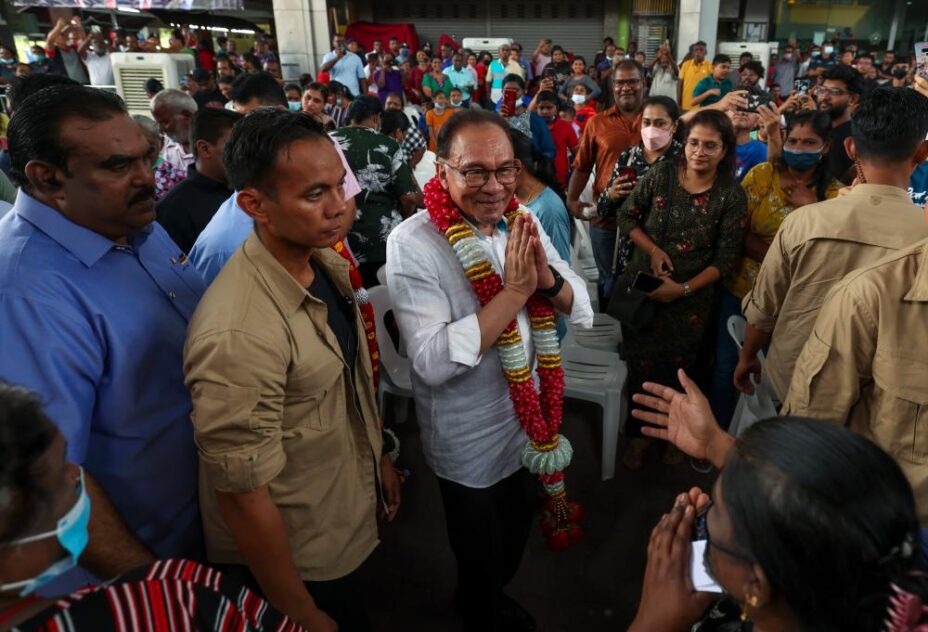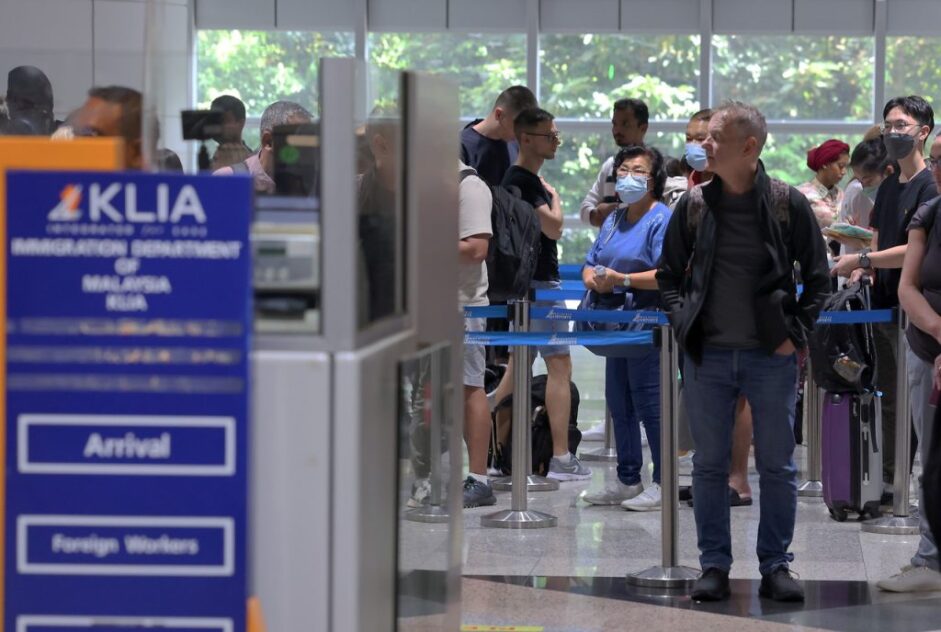ECONOMIC support in terms of cash transfers is key during the Covid-19 pandemic to mitigate acute financial strains, support more medium-term recovery efforts and stimulate consumption during an economic downturn, says a World Bank economist.
In an opinion piece, World Bank Social Protection and Jobs Global Practice senior economist Achim Schmillen said to protect the lower-income households affected by the crisis, especially those who work informally, income protection needs to be independent of coverage by formal social insurance like the Employees Provident Fund (EPF) or the Social Security Organisation (Socso).
“While, in principle, one might channel income support specifically to informal sector workers who have lost their jobs or livelihoods during the crisis, the very nature of informality would make this direct targeting extremely challenging — beyond specific groups such as ride-hailing workers, and would risk leaving many unprotected. This crisis has dragged many into economic vulnerability.
“Thus, the recently introduced Bantuan Prihatin Nasional (BPN) programme as part of the Prihatin package is an important step in the right direction, as it is both progressive and places a strong emphasis on protecting the bottom 40%,” he said.
He said further rounds of cash transfers might be needed because the economic support packages implicitly assumed that the Covid-19 crisis would pass within the next two to three months, hence, all BPN payments are scheduled to cease after May.
However, he said, many anticipate the impact of the crisis on lower-income households to last longer.
Schmillen said if further rounds of cash transfers are needed, it would be worthwhile to consider channeling these to the beneficiaries of the Bantuan Sara Hidup (BSH) programme instead of the wider group of beneficiaries that the BPN programme covers, to ensure that a higher share of transfers goes to the bottom 40%, the group in most urgent need of support.
“The Covid-19 crisis is a shared global challenge, and Malaysia is not alone in this battle. The encouraging thing is that the country’s social protection gears are engaged.
“As policymakers find their footing in fighting the fire, the new normal presents an opportunity for the country to bolster the system and emerge stronger, more resilient and better protected,” he added. — April 27, 2020, Bernama









